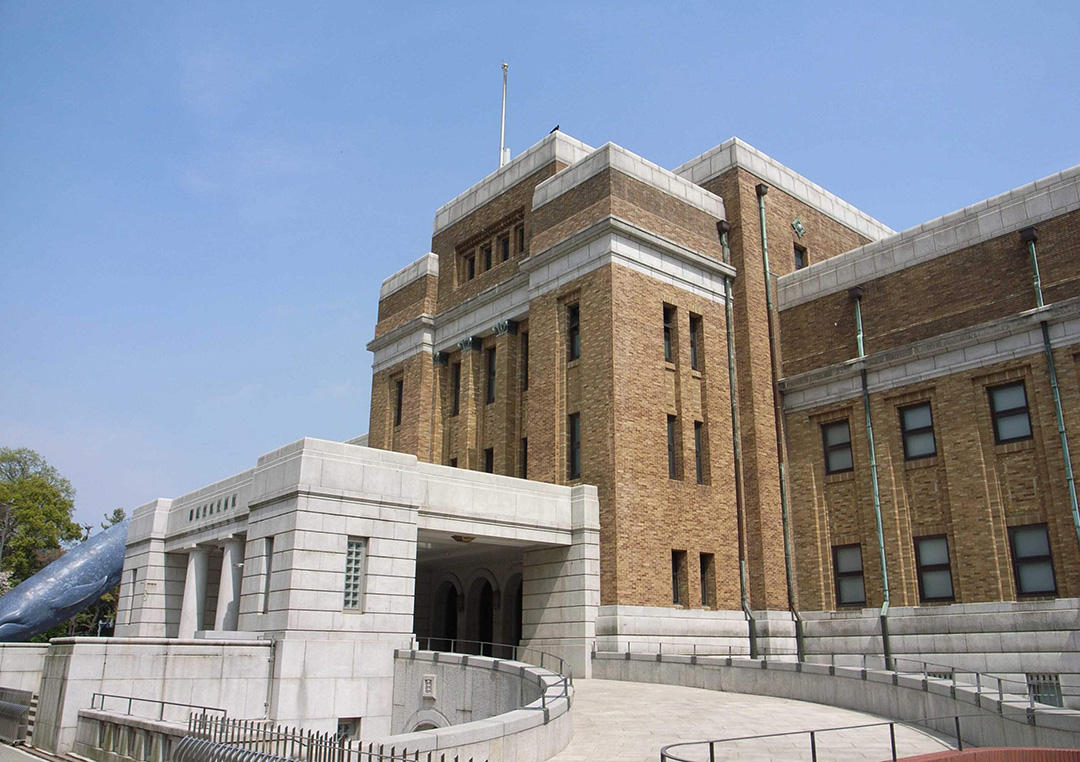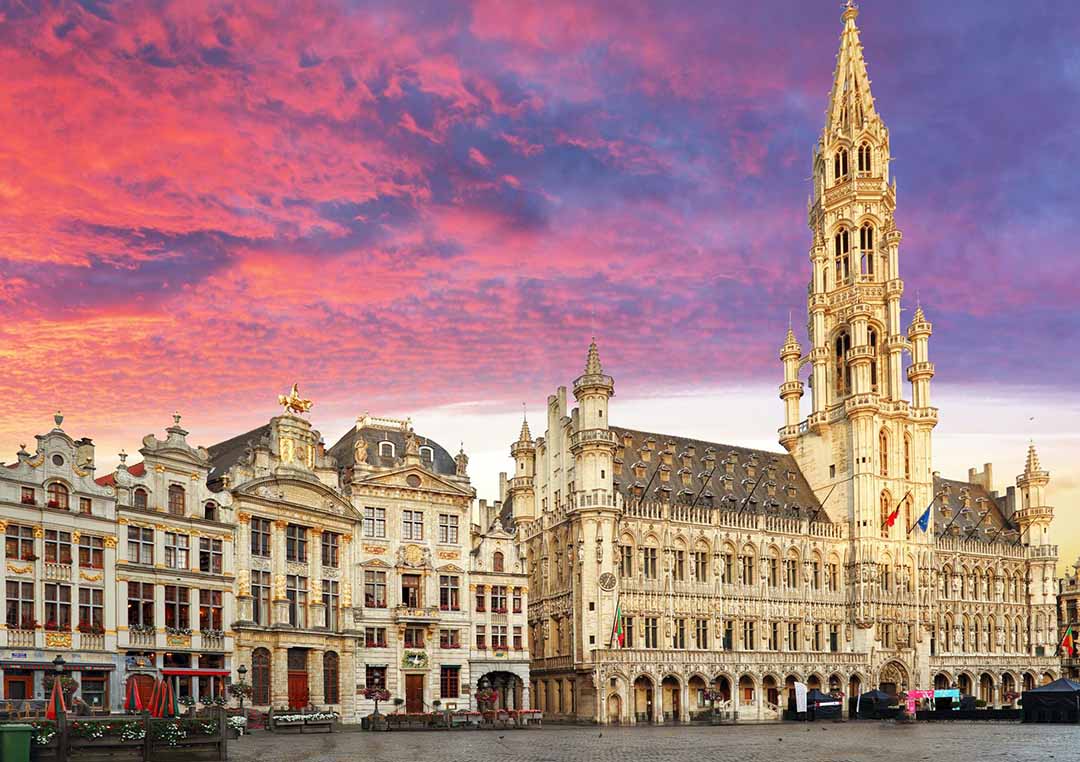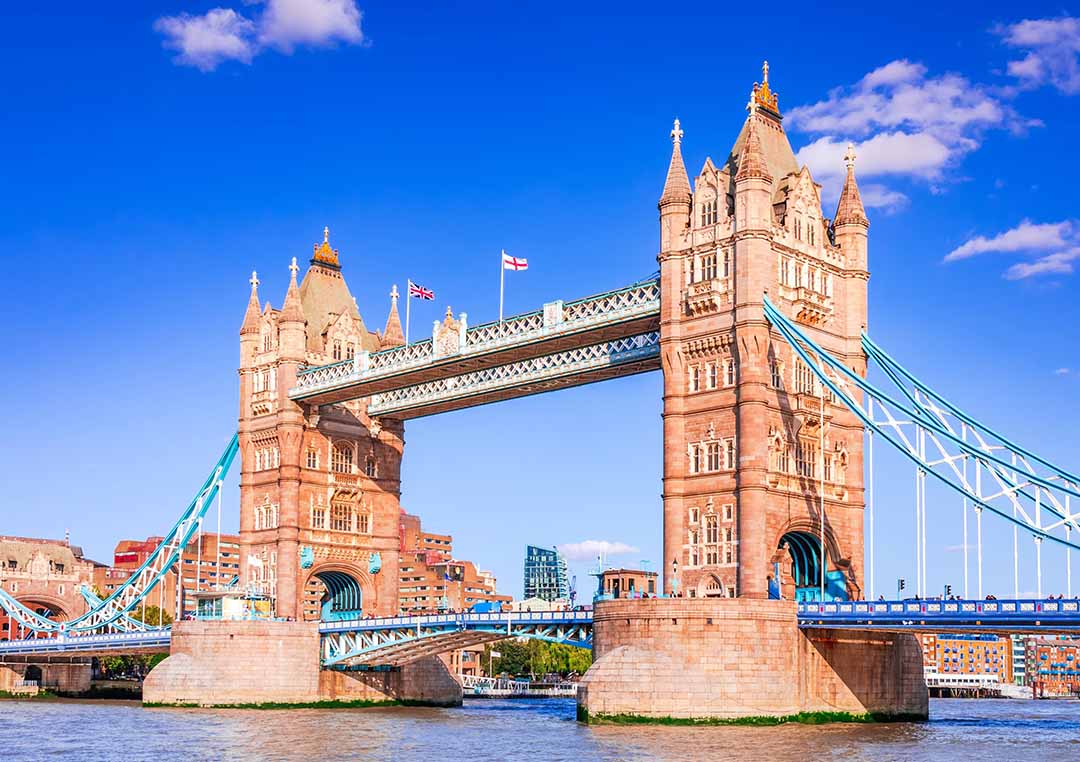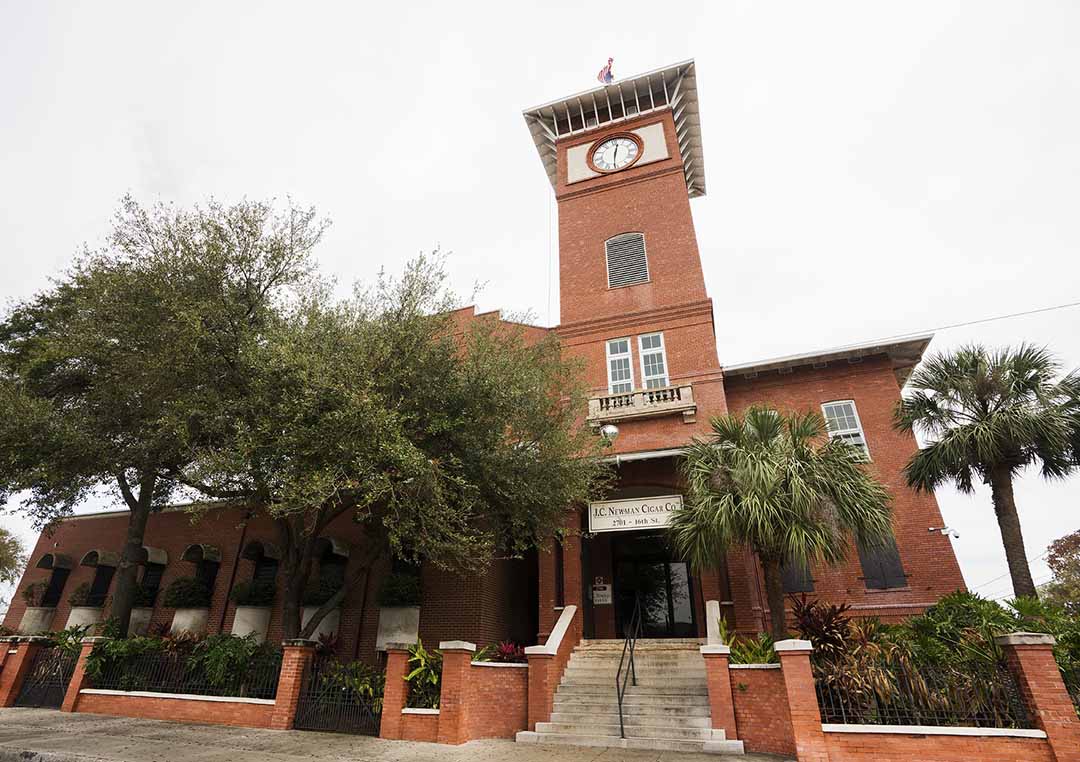1. Museums: Time Capsules of History:
Museums serve as time capsules, preserving the heritage and history of a place. Whether it’s ancient relics, classical art, or modern exhibitions, museums offer a captivating window into the past.
2. Art Galleries: A Celebration of Creativity:
Art galleries showcase the creative genius of artists, both past and present. From timeless masterpieces to contemporary expressions, these spaces allow us to immerse ourselves in the world of art.
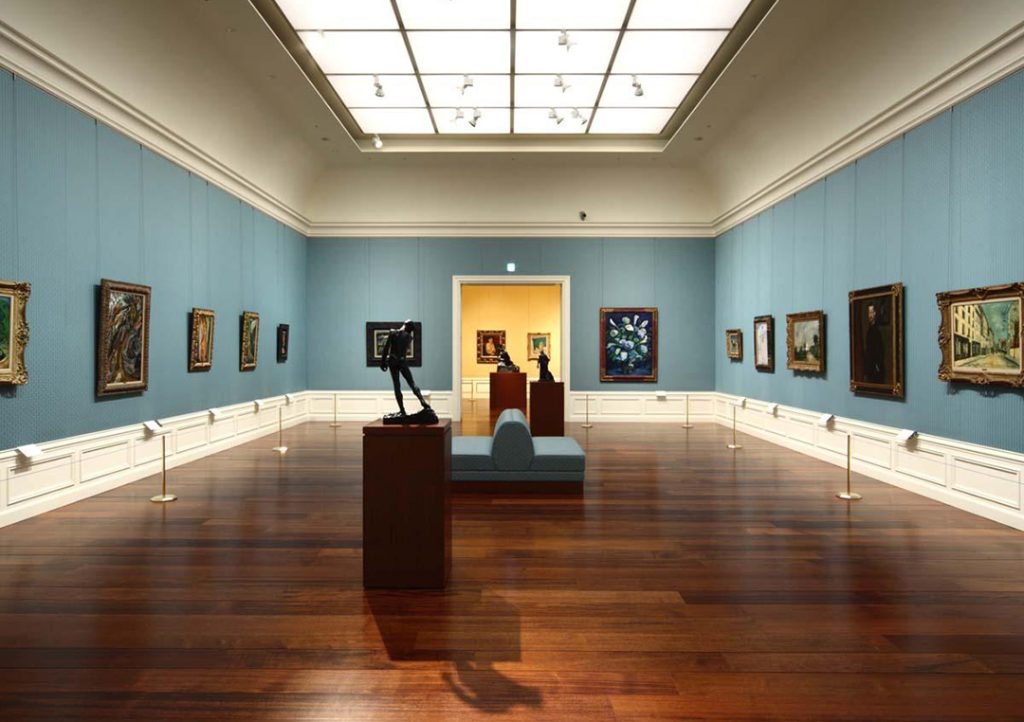
3. Historical Sites: Walking in the Footprints of Ancestors:
Historical sites, such as ancient ruins, castles, and heritage villages, offer a tangible connection to bygone eras. They allow us to walk in the footsteps of our ancestors and witness the architectural marvels of yesteryears.
4. Cultural Centers: Embracing Diversity:
Cultural centers foster cross-cultural understanding and appreciation. Through exhibitions, performances, and interactive programs, they celebrate the customs and traditions of diverse communities.
5. Ethnographic Museums: A Glimpse into Different Worlds:
Ethnographic museums are dedicated to the study of cultures and societies. They provide insight into the lifestyles, rituals, and customs of various indigenous peoples, promoting cultural awareness.
6. Science Museums: Nurturing Curiosity:
Science museums captivate visitors with interactive exhibits and hands-on experiments. They make science and technology accessible, inspiring the curious minds of all ages.
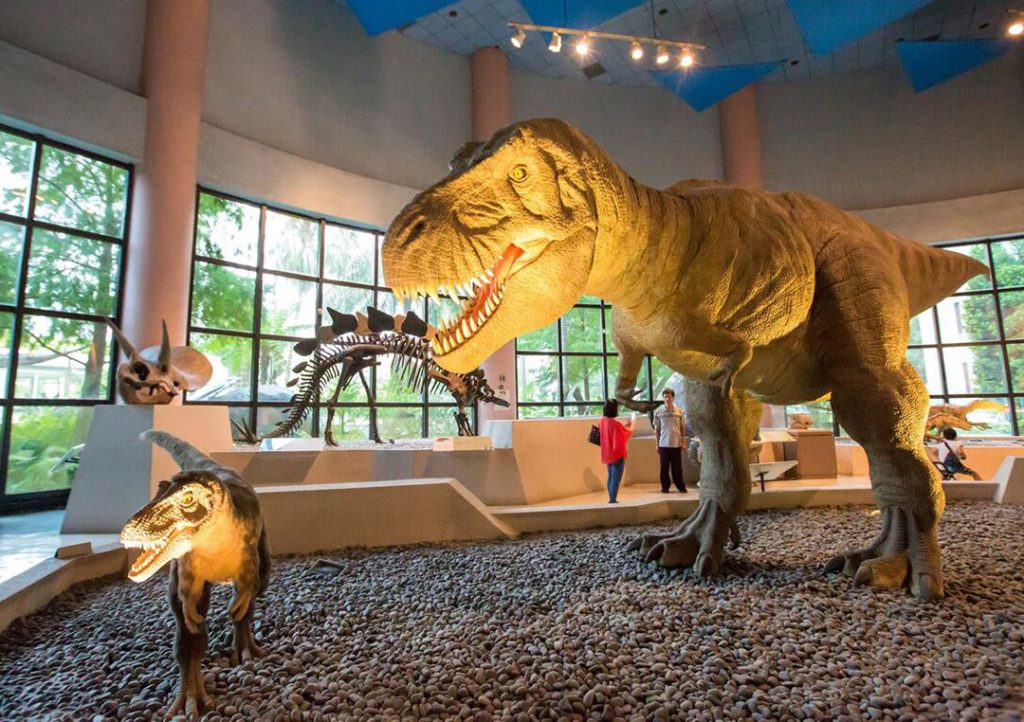
7. Music Halls: Harmonizing with the Soul:
Music halls and concert venues host live performances, spanning classical orchestras to traditional folk ensembles. Music has a unique ability to touch the soul and create lasting memories.
8. Literary Landmarks: Inspiring Imagination:
Literary landmarks pay homage to renowned authors and their literary works. Visiting these sites can evoke the creative spirit and literary heritage of a place.
9. Religious Shrines: A Spiritual Journey:
Religious shrines, temples, and cathedrals offer insight into the spiritual beliefs and practices of a region. They often feature stunning architectural and artistic elements.
10. Culinary Centers: Savoring Local Delights:
Culinary centers and food museums take us on a culinary adventure, exploring a destination’s gastronomic heritage. They reveal the history and artistry behind beloved local dishes.
11. Folklore Festivals: A Celebration of Tradition:
Folklore festivals bring age-old traditions to life through dance performances, rituals, and storytelling. They provide a unique opportunity to immerse oneself in the cultural fabric of a place.
12. Language Workshops: Bridging Cultural Gaps:
Language workshops offer the chance to learn basic phrases in the local language, facilitating meaningful interactions with locals and fostering cultural connections.
The Essence of Cultural Exploration:
Museums and cultural institutions are more than repositories of artifacts; they are gateways to understanding the essence of a destination. These venues preserve, celebrate, and educate, making them essential stops on any cultural journey.

